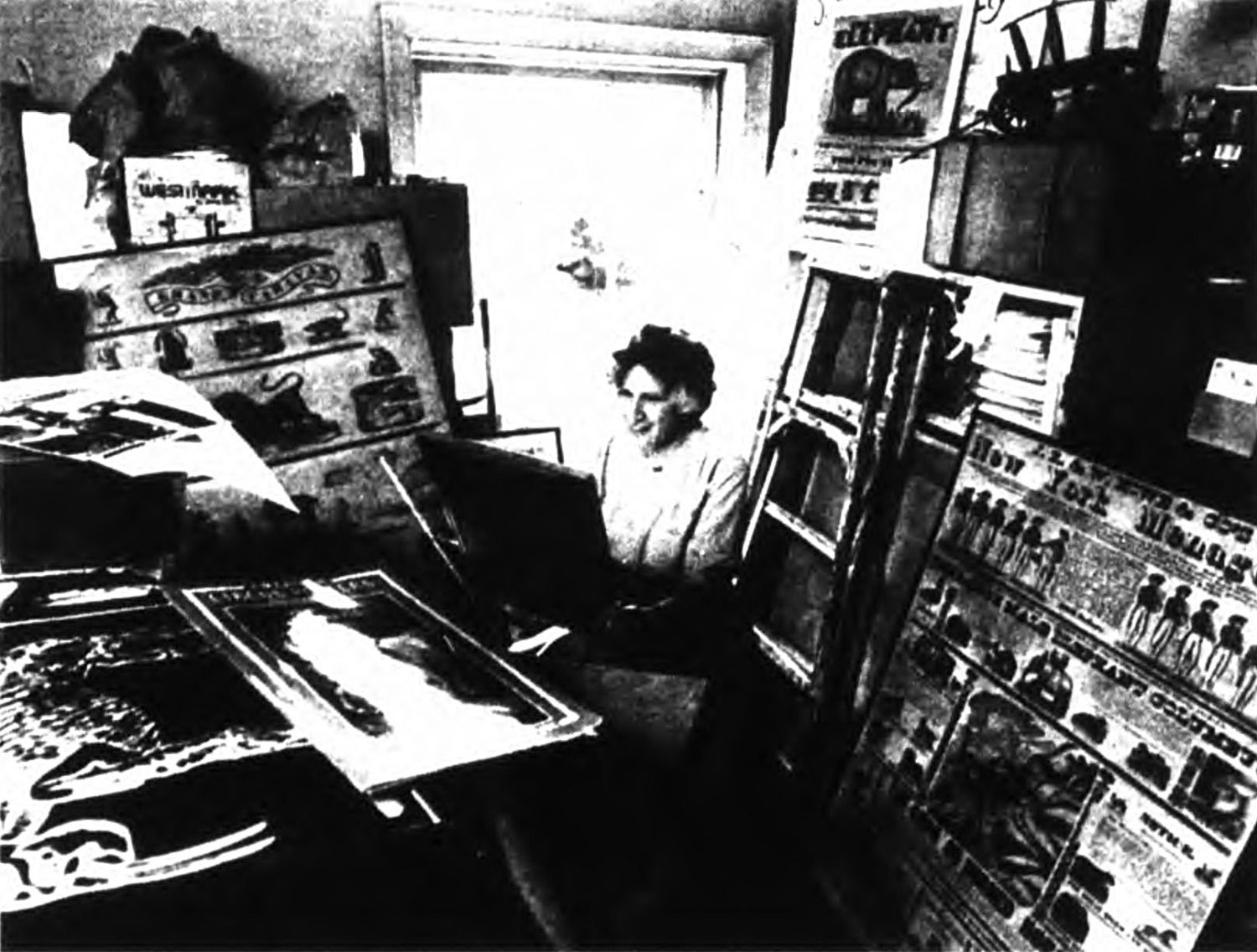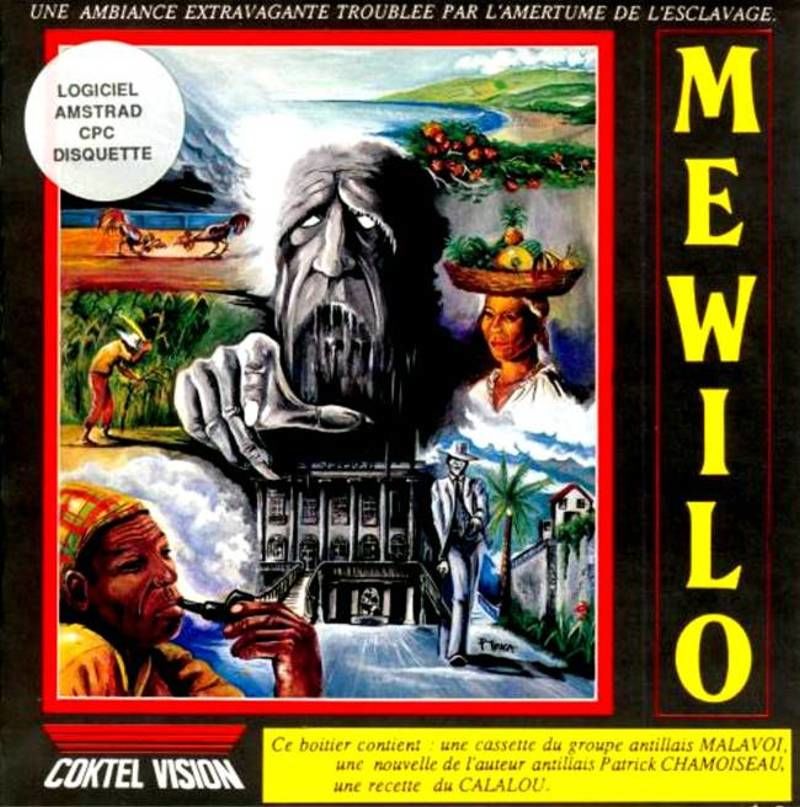Three Women Who Shaped Modern Gaming
Increased diversity in the gaming space will only help advance the industry towards greater innovation. Today we wanted to honor three women in history who have helped shape modern-day gaming.
In the early days of the 20th century, women who excelled in mathematics would often find themselves on the cutting edge of science, doing the hard work of crunching numbers by hand. In 1943, the majority of these human computers were women. It made sense, then, that when mechanical computers came onto the scene, women were doing the programming. At the time, the job of programming was seen as less difficult than building the actual devices, so many women who pioneered programming never received credit for their work.
The 1960s represented a cultural shift that began discouraging or outright refusing women who wanted to become programmers. The practices of the time included male-only programming associations, hiring tests designed to favor men, and barring women from attaining higher education in programming. All of these created a culture that persists in many areas of the industry to this day, affecting everything built with computers. One can even trace the male-focused marketing of early consoles and games to the by then ingrained idea that computers were just naturally a male-oriented interest.
Despite these very real hurdles, women have continued to pursue careers built on programming and pushing the boundaries of what can be done with it.
Mabel Addis
During the summer of 1966, when the shift away from women was beginning, Mabel Addis wrote The Sumerian Game, the first video game to include a narrative. The Sumerian Game was an educational game for elementary schoolers and was so far ahead of its time that it even included the first cutscene in a game through the use of an audio tape synchronized with a projector. Addis’ game tasked players with managing the resources of the ancient Sumerian city-state of Lagash, ruling it with the aid of your advisor.

The Sumerian Game began as a project from IBM’s Bruse Moncreiff. William McKay worked as a programmer, but by all accounts Addis was the one who brought it to life with a vision and writing commitment that turned it from a simple educational tool into something that had never been seen before: A computer game with a story.
Muriel Tramis
The name Muriel Tramis should be more widely known. Tramis grew up on the French-Caribbean island of Martinique and found herself fascinated by the fledgling medium of video games during her engineering studies and short career in the aerospace industry. This fascination burned so deeply that she eventually left her career in aerospace to join Coktel Vision, a Paris-based game publisher. While there, Tramis drew upon her heritage as an African-Caribbean woman to create her first game, Méwilo, in 1978. Tramis was able to rely on the input of a leading intellectual and former Martinique resident named Patrick Chamoiseau. Chamoiseau was one of the founders of the black literary movement known as Créolité.

Méwilo took inspiration from the colonial history of the Caribbean. During the era of plantation revolts, slave masters would try to save their wealth by taking their most loyal slaves to remote locations with the better part of their treasures. The treasure was then buried with the slave in the hopes that the ghost of that unfortunate soul would keep anyone else away from the accumulated blood money. The story casts players as a parapsychologist who visits Martinique’s Saint Pierre in 1902 to investigate reports of paranormal activity. The investigation takes place as Saint Pierre sits in the shadow of Mount Pelée, a volcano set to wipe the city away in only a handful of days.
For her work, which would go on in Freedom: Rebels in the Darkness and the popular Gobliiins series, Tramis was made a Knight of the Legion of Honor in 2018, the highest honor a French civilian can receive. She has used her platform to shine a light on the gender gap in game development throughout her career.
Muriel Tramis becomes second-ever game designer awarded the Legion of Honourhttps://t.co/kKqraHtGx8
Industry pioneer receives highest order of merit for military or civil service in France pic.twitter.com/qH9vViC21v
— GamesIndustry (@GIBiz) July 19, 2018
Kim Swift
Kim Swift led a small development team of graduate students at DigiPen in 2005 to create their senior project, a game called Narbacular Drop. The game caught the attention of Robin Walker, the creator of the original Team Fortress mod and the lead designer of Team Fortress 2. He invited Swift’s team to the headquarters of Valve to make a presentation about their game. The head of the company, Gabe Newell, was so impressed by the presentation that he offered to hire the entire team on the spot to recreate their game in the then novel Source Engine.
:format(jpeg)/cdn.vox-cdn.com/uploads/chorus_image/image/52824901/unnamed__1_.1484844039.jpg)
The effort to recreate Narbacular Drop resulted in Portal, a game that has been held up by many as an example of perfection in the medium. Balancing innovative, physics-based gameplay with an intriguing story and satisfying comedy, Portal became one of Valve’s biggest successes. Swift would go on to help create Left 4 Dead and Half-Life 2: Episode 2, games that shaped the industry for well over a decade. Swift is currently working with EA’s Motive Studios, the devs behind the 2017 version of Star Wars Battlefront II. What she might do next is anyone’s guess, but it’s exciting to see what the future has in store for her and the women doing their best to both make incredible games and break into a space that has discouraged their involvement for decades.
Today’s non-violent game is Quantum Conundrum by Airtight Games and @K2theSwift. A first-person puzzler where you hop between property-changing dimensionshttps://t.co/41c0Cqqy8i pic.twitter.com/S0HBRqH7Yl
— Non-Violent Game Of The Day (BOOK OUT NOW) (@NVGOTD) September 5, 2019
Equal Representation for Women in Gaming has a Long Way to Go
Right now, only about 20% of the people working in games are women. There’s still a long way to go toward making the industry a welcoming place for everyone regardless of gender. Until that happens, there are incredibly talented women working hard to create beautiful pieces of art with a whole spectrum of insightful things to say and poignant lessons to teach.
Don’t forget to sign up for Extra Life to help sick and injured kids in hospitals around the US and Canada by playing games!






